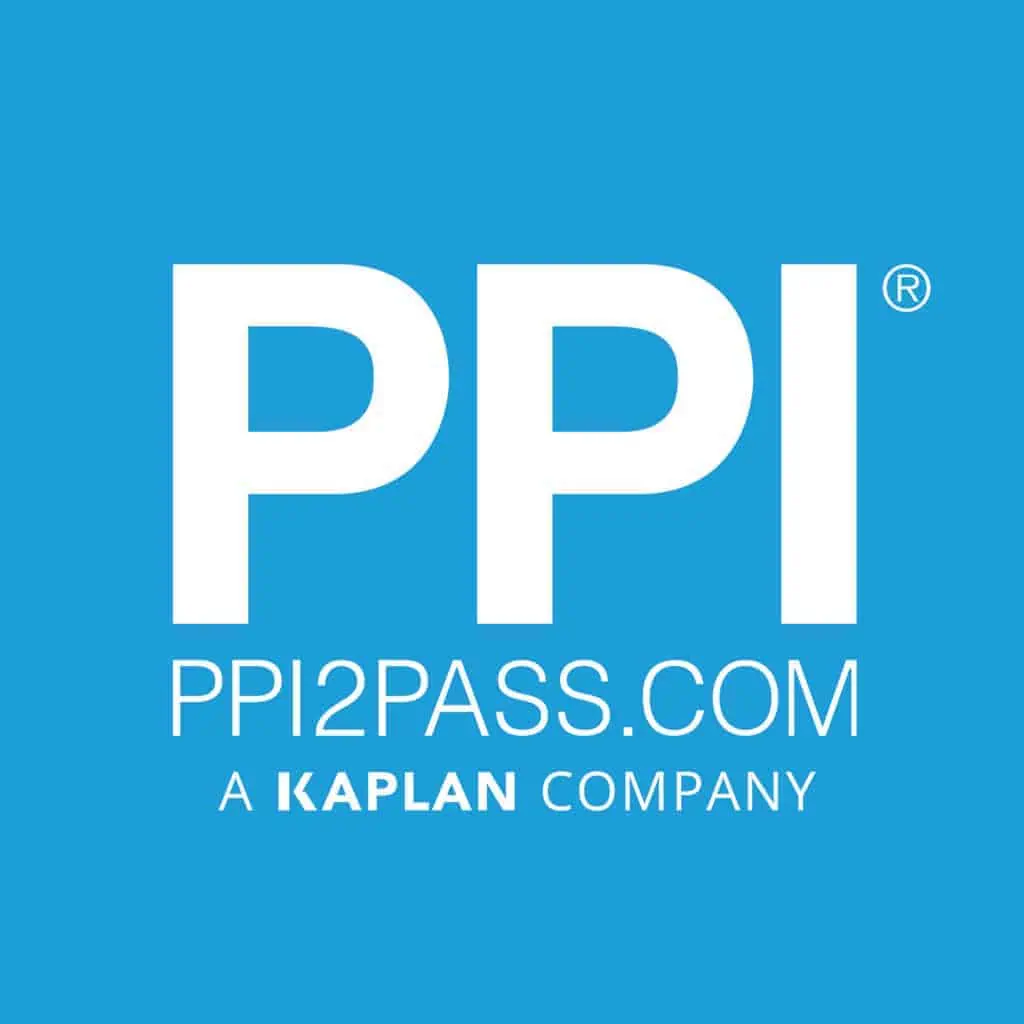In this article (and video above), I talk about the world of continuing education for engineers. In an industry that’s constantly evolving, staying ahead of the curve is more important than ever. Whether you’re just starting out or have years of experience, continuing education can play a vital role in your professional journey, and when you achieve your PE license, continuing education will be required most likely, depending on your state of licensure.
Getting your PE license opens doors to greater career opportunities, but that’s just the beginning. Continuing education is not only a requirement to maintain your license in most states, but it’s also critical for your ongoing growth as an engineer. Whether you’re preparing for the PE exam or already licensed, here’s why investing in continuing education matters.
Let’s start by taking a look at the types of Continuing Education for Engineers
There are various avenues for continuing education, all of which can help keep you competitive and relevant in the industry:
Formal Courses:
These include bachelor’s, master’s degree programs, or specialized certificate programs offered by universities or online platforms. For PE candidates, taking courses related to your discipline can help reinforce critical concepts and provide exam preparation support.
Professional Development Programs:
Workshops, seminars, and conferences offered by engineering organizations not only help you stay current with industry trends but also provide networking opportunities with other professionals.
Independent Learning:
Reading technical journals, participating in webinars, or engaging in mentorship programs are other ways to enhance your skills and knowledge base—whether for passing the PE exam or staying updated post-licensure.
Benefits of Continuing Education
Now, let’s explore the six key benefits of continuing education for engineers, both before and after obtaining your PE license:
Maintaining Professional Status:
For licensed engineers, accumulating continuing education hours or professional development hours (also known as PDHs) is often required to renew your license. Even while preparing for the PE exam, learning about these requirements early ensures you’re ready for this professional responsibility.
Boosting Earning Potential:
More education typically translates to higher earning potential. Even as a PE candidate, furthering your education can improve your exam performance and job prospects post-licensure. According to PayScale data, engineers with advanced degrees or specialized certifications can significantly increase their salaries.
Advancing Professional Growth:
The engineering field is always evolving. Continuing education ensures you stay updated on the latest technologies and methodologies, helping you excel in your career, whether you’re studying for the PE exam or growing in your role as a licensed engineer.
Specialization Opportunities:
Through continuing education, you can deepen your expertise in specialized areas such as structural, transportation, or environmental engineering. For PE candidates, learning about these subfields can also help you choose your area of focus for the exam and in your career.
Networking and Mentorship:
Continuing education events, including conferences and seminars, provide valuable networking opportunities. Building connections with other engineers—especially licensed PEs—can offer you support during exam preparation and throughout your professional journey.
Enhanced Job Engagement:
Staying engaged at work is important for long-term career satisfaction. Continuing education gives you the chance to explore new concepts and skills, keeping you motivated and mentally stimulated whether you’re preparing for the PE exam or looking to take on new challenges as a licensed engineer.
By investing in continuing education throughout your engineering career—both before and after earning your PE license—you’re not only ensuring your compliance with professional requirements, but also positioning yourself for continued growth and success in the field.
This Episode Is Brought to You by PPI
PPI
I hope you found this article helpful. In upcoming articles, I will solve some more PE exam practice problems and answer other questions from our subscribers. Pass the PE Exam videos will publish weekly, so be sure to click the subscribe button so you don’t miss something that could make a substantial difference in your exam result.
Lastly, I encourage you to ask questions in the comments of this video, or on this page, and I’ll read and respond to them in future videos. So, if there’s a specific topic you want me to cover or answer, we have you covered.
I’ll see you next week… on Pass the PE Exam
Anthony Fasano, P.E., AEC PM, F. ASCE
Engineering Management Institute
Author of Engineer Your Own Success
